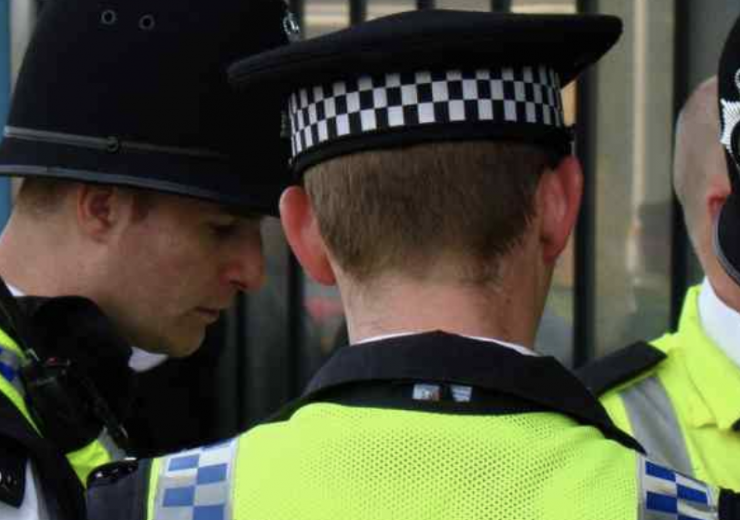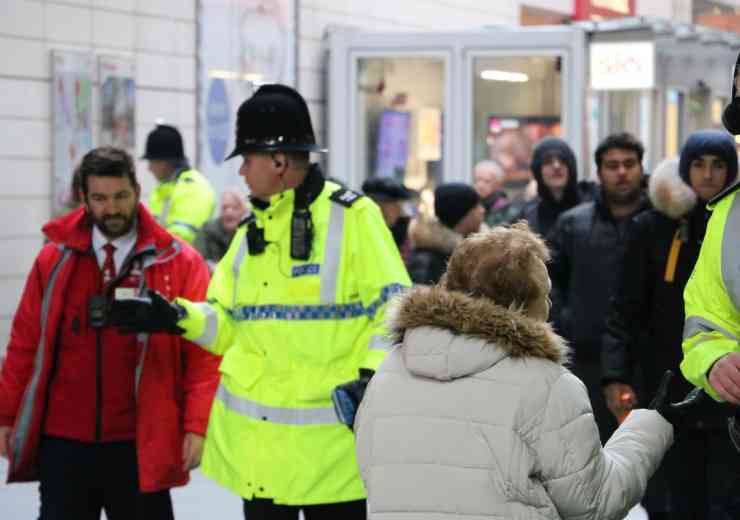Half of public question stop and search powers
Research commissioned by the Independent Office for Police Conduct has found that nearly half of people either think stop and search powers are unnecessary or are being used incorrectly by police.
Overall, 39 per cent of people thought that while stop and search was necessary, the ‘police don’t apply it as they should’, while 10 per cent thought it was unnecessary and should be discontinued in policing.
The total proportion of people who disapproved of the tactic’s current use, 49 per cent, was larger than the 41 per cent who supported it.
The Home Office has backed the increased use of stop and search, despite persistent concerns about racial disproportionality that were a focus of the summer’s Black Lives Matter protests. The government recently announced new stop and search powers to tackle known knife and weapons carriers, which will be implemented with a new law.
Data shows that black, Asian and minority ethnic people were over four times more likely to be stopped and searched than white people in England and Wales last year, with the figure almost nine times higher for black people specifically.
Sal Naseem, IOPC lead on discrimination, said: “Stop and search is one of the most intrusive powers police have. There are mixed views on its effectiveness on crime rates and for young people and people from BAME backgrounds it can feel discriminatory and disproportionate.
“From our own work, we have seen the smell of cannabis as the sole grounds given for stop and search, which is not in accordance with authorised police practice. We’ve seen handcuffs used when other tactics could have de-escalated the situation and a general lack of understanding about the impact of disproportionality.
“Again, we are calling for police forces to work much more closely with and listen to these voices – does the current practice need to be changed? Young people and people from BAME backgrounds have lower confidence in the police – if police forces don’t start taking these concerns seriously, the effects will continue to be felt as future generations continue to mistrust the police.”
digital issue

























